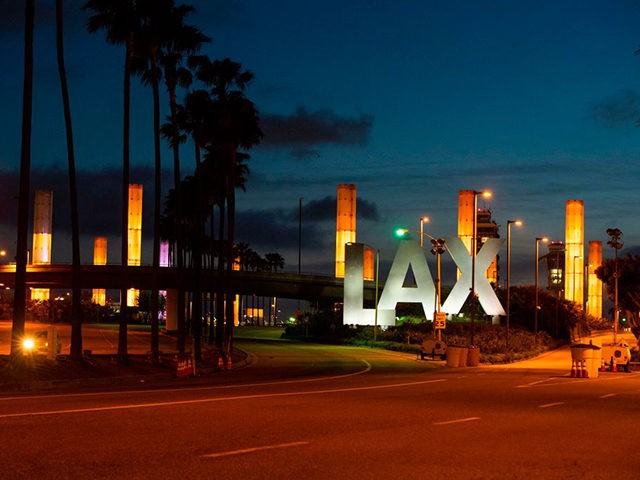A Chinese People’s Liberation Army (PLA) officer was arrested at Los Angeles International Airport (LAX) on Sunday while trying to leave the country with U.S. government-funded research from the University of California, the U.S. Department of Justice said on Thursday.
Xin Wang was allegedly attempting to depart the U.S. for Tianjin, China, when he was stopped by U.S. Customs and Border Protection (CBP). Upon interviewing Xin, CBP officers determined that he had lied on his original visa application and he was arrested. Xin has since been charged with visa fraud and faces up to ten years in prison and a $250,000 fine if found guilty. The U.S. Federal Bureau of Investigation (FBI) is investigating the case.
According to court documents filed Thursday and a criminal complaint unsealed on Monday, Xin entered the U.S. on March 26, 2019, with a multiple entry J1 non-immigrant visa he received in December 2018. On his visa application, Xin stated that the purpose of his visit was to conduct scientific research at the University of California, San Francisco (UCSF). He also claimed on the application that he had served as an Associate Professor in Medicine in the PLA from 2002-2016, which prosecutors allege was a fraudulent statement.
This claim contradicts the information CBP officers obtained while interviewing Xin at LAX on Sunday, where they learned he is “still currently a ‘Level 9’ technician in the PLA, employed by a military university lab.” This title roughly corresponds to the U.S. military ranking of Major. During the interview, the CBP also reportedly learned that Xin was still employed by the Chinese army while in the U.S., continuing to receive a PLA salary — in addition to compensation from the China Scholarship Council and UCSF — during his stay.
According to the court documents, Xin “made false statements about his military service in his visa application in order to increase the likelihood that he would receive his J1 visa.”
During his attempted departure on Sunday, Xin had in his possession “studies from UCSF … which he was taking to share with his PLA colleagues,” customs officials said. Among the UCSF research Xin allegedly tried to secret out of the U.S. was work funded by grants from the U.S. Department of Health and Human Services and the National Institutes of Health, the Justice Department said.
The CBP officers also learned that Xin had recently “sent research to his lab in China via email.” According to the court documents, Xin deleted WeChat messaging content from his cell phone before arriving at the airport for his departure. WeChat is a Chinese messaging app.
Responding to the arrest on Friday, China’s Foreign Ministry said that Xin had been “conducting cardiovascular research in the U.S. and had not caused any harm to its national interests,” the South China Morning Post reported.
On May 29, U.S. President Donald Trump announced that graduate students and visiting researchers from China would be barred from entering the U.S. if they were determined to pose a risk of transferring technical knowledge to Chinese military institutions. This new national security measure, aimed at protecting the U.S. from technology and intellectual property theft by China, took effect on June 1.

COMMENTS
Please let us know if you're having issues with commenting.